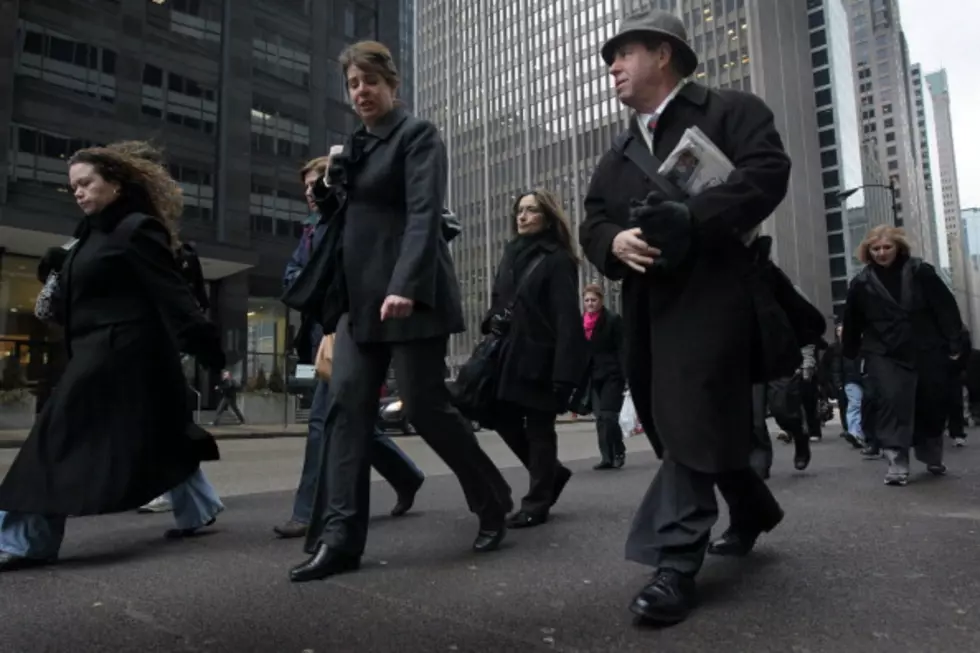
How the Debt Ceiling Fight Might Affect You
First it was the government shutdown. Now it's a fight over whether or not to raise the debt ceiling. Our "lawmakers" are having it out again and, in the end, the losers could be us, the American public. What is the debt ceiling and how could not raising it--or defaulting--affect you?
Here is a simple definition of what the debt ceiling is.
It's a cap set by Congress on how much the government can borrow in order to pay its debts.
Okay, that's easy enough to understand. But what does it mean for the economy and what would be the effects of a government default if the debt ceiling isn't raised? There are varying opinions on what a default would mean but, suffice to say, most economists say it could be extremely harmful to not our our economy but the world's as well. Here are some possibilities.
--Without an increase in the borrowing limit, the government couldn't pay other obligations on time, such as Social Security benefits, bills from government contractors and Medicare reimbursements.
-- If the government couldn't pay veterans' benefits, federal employee salaries or other bills, investors would almost certainly demand higher interest rates at future Treasury auctions. That would drive up the cost to taxpayers of servicing the government's debt.
-- Stock markets would likely fall. Household wealth would shrink. Consumer confidence could plunge. Americans would cut back on spending. Higher rates on government debt would raise other borrowing costs, including mortgage rates.
(Yahoo Finance)
A good many economists and business leaders are saying a long delay in increasing the debt limit is uncharted territory and is a place they have no interest in visiting.
How Australia Handled Its Government Shutdown
More From Big Frog 104









